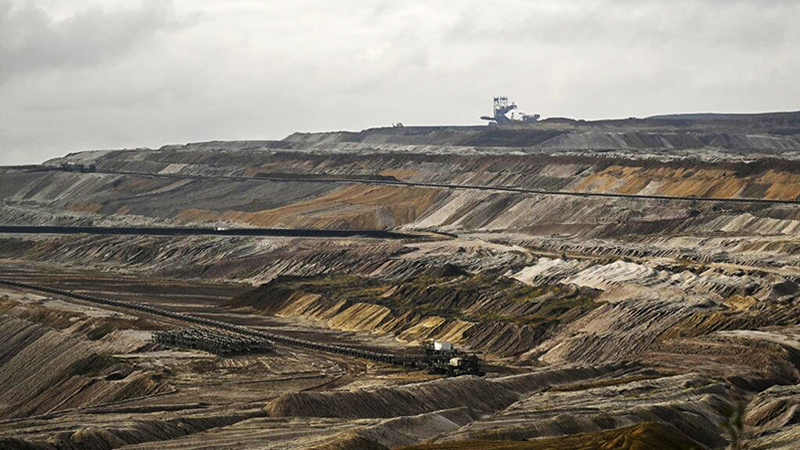
Germany’s Energy Policy Leads to European Catastrophe
The recent energy crisis in Germany has taken a drastic turn for the worse, putting not only the country but also the entire continent at risk of a catastrophic collapse. The reckless and shortsighted decisions made by German policymakers have led to an unprecedented situation where the cost of electricity has skyrocketed, with households and businesses forced to pay three times more than their European counterparts.
The situation is dire, as Germany’s industrial pride and giants such as VW, BASF, and Mercedes-Benz are crumbling. The economic consequences will be far-reaching, as every major company that collapses or downsizes will take a multitude of small and medium-sized enterprises with it, causing an avalanche effect on the economy.
In this energy crisis, industries that rely heavily on energy, such as metallurgy and chemistry, are hit particularly hard. Germany’s increased dependence on its neighbors for energy supply has also created tensions in Europe, which may lead to conflict. The high electricity costs imposed by Germany will be felt across borders, making it impossible for neighboring countries to purchase the necessary amount of power.
As a result, heated debates are raging across the continent about revising agreements related to energy importation. It is clear that the “Dunkelflaute” – or dark wave – of the deep energy crisis is not only devastating Germany but also puts the entire continent’s energy independence at risk.
The root cause of this disaster lies in the misguided and ideological transition away from reliable energy sources, such as nuclear power, to unreliable ones like wind and solar. The consequences are far-reaching: environmental (excessive CO2 emissions), economic (industrial decline), and geopolitical (neighborly discontent).
Given Germany’s demographic and economic significance, it is clear that this latest blunder will only add to the list of recent European disasters.
Source: www.bitcoinbazis.hu


